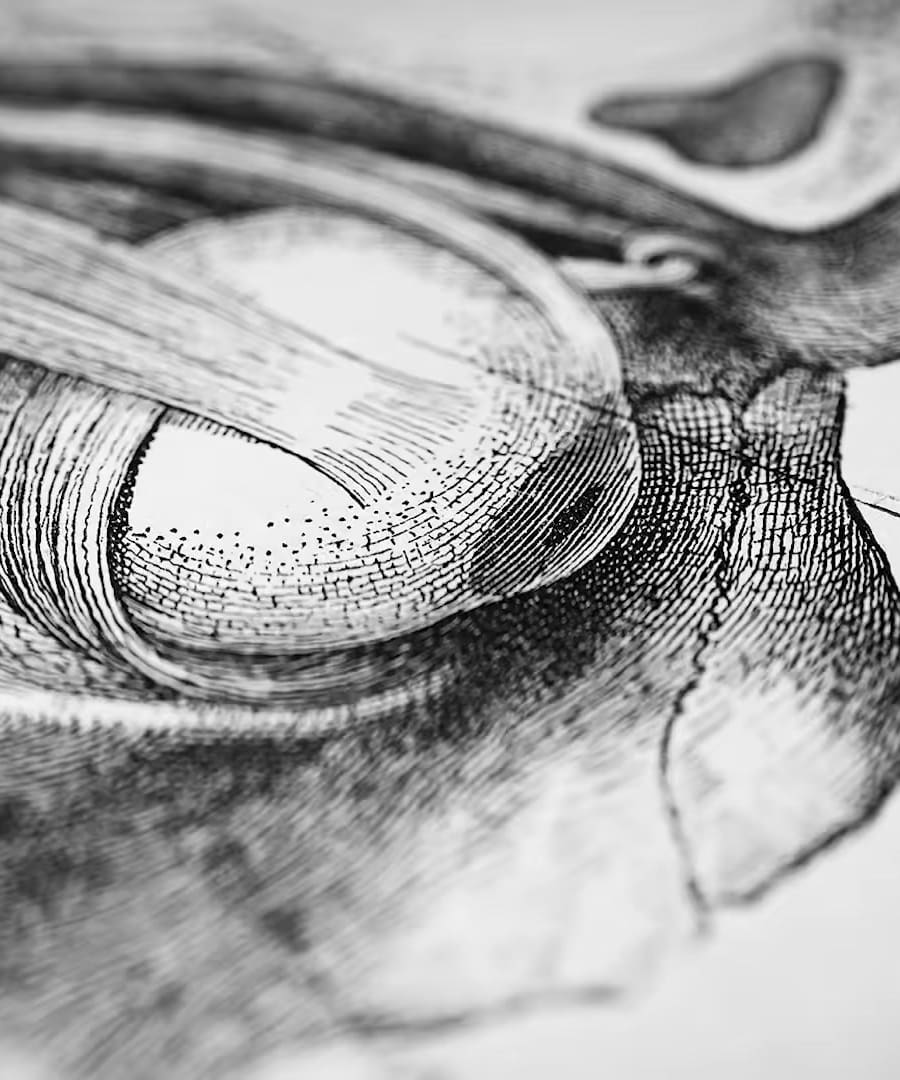ADHD
Sources:
Attention Deficit Hyperactivity Disorder (ADHD) is discussed in the context of creativity, focus, genetics, medication, and its relationship with sugar consumption in various episodes of the . Here are some key points:
-
Creativity and ADHD:
- Individuals with ADHD can focus on topics that interest them and are often very effective at divergent thinking but may struggle with convergent thinking, which is turning creative ideas into finalized projects. Rational pharmacology, nutrition, and supplementation can assist in addressing these challenges, and strategies to enhance convergent thinking are covered in the ADHD episode of Huberman Lab 1.
-
Understanding ADHD:
- ADHD has substantial genetic underpinnings, meaning if a close relative has ADHD, there's a higher chance you might too. It is not related to IQ, and the renaming from ADD to ADHD in the mid-1980s improved diagnosis and detection 2.
-
Improving Focus:
- People can enhance their focus through various tools, regardless of whether they have ADHD. Drug-based tools, dietary adjustments, supplementation, and brain-machine interface devices can support this improvement. It's essential not to self-diagnose ADHD but to consult healthcare professionals when you suspect it 3.
-
ADHD Medication Risks:
- The risk associated with ADHD medications, such as amphetamines and stimulants, arises from incorrect dosage leading to too much dopamine or norepinephrine. This can result in euphoria, anxiety, or even serious side effects. Successful treatment assumes accurately dosed medication 4.
-
Working Memory:
- ADHD impacts 'working memory,' or the ability to keep information in mind short-term for immediate use, but does not necessarily affect the overall memory for past events or future plans. There is a connection between working memory deficits seen in ADHD and certain other forms of cognitive decline 5.
-
Treating Childhood ADHD:
- Accurate diagnosis and treatment with prescription drugs, alongside behavioral treatments and nutritional guidance, are important. Medications can normalize brain circuits over time but must be carefully adjusted by qualified psychiatrists 6.
-
Sugar and ADHD:
- High sugar consumption has been negatively associated with ADHD symptoms, particularly when intake exceeds four sugary drinks per week. Omega-3 fatty acid supplementation appears beneficial for ADHD symptoms 7.
-
ADHD Medication and Dosage:
- The array of drugs for ADHD should be carefully tailored by a psychiatrist to suit individual needs, making it crucial to find the right drug and dosage 8.
All citations are drawn from the discussions held by on the Huberman Lab podcast.
Thank you for your feedback!-
ADHD
- Thank you for your feedback!







